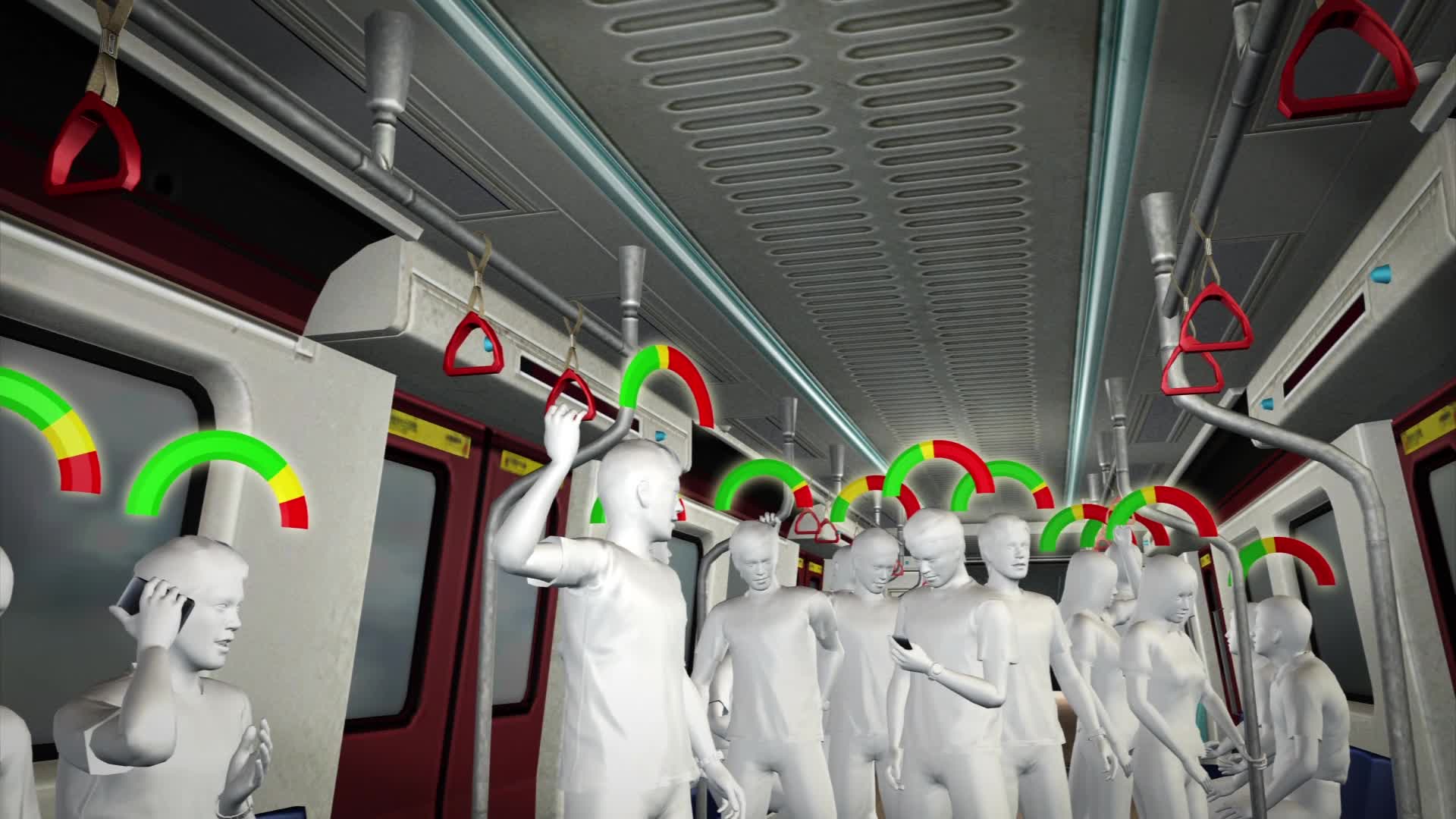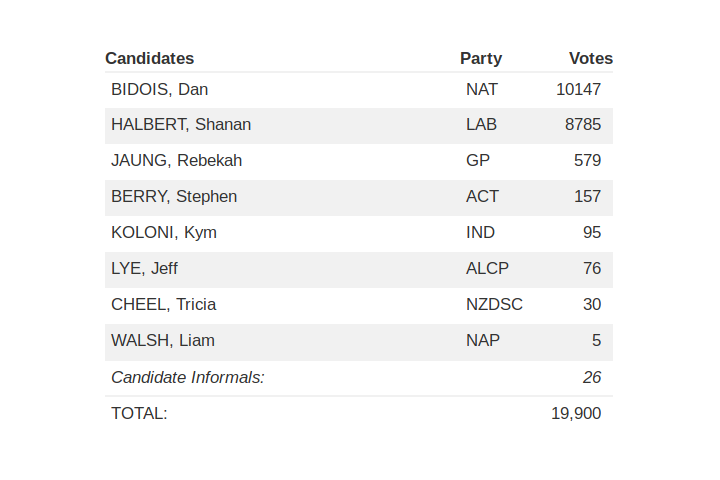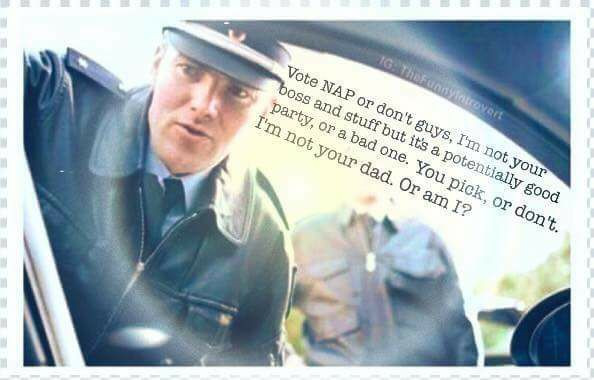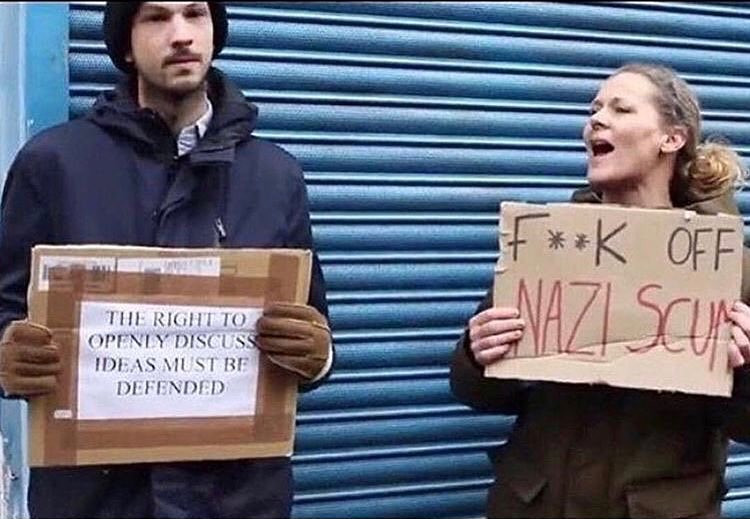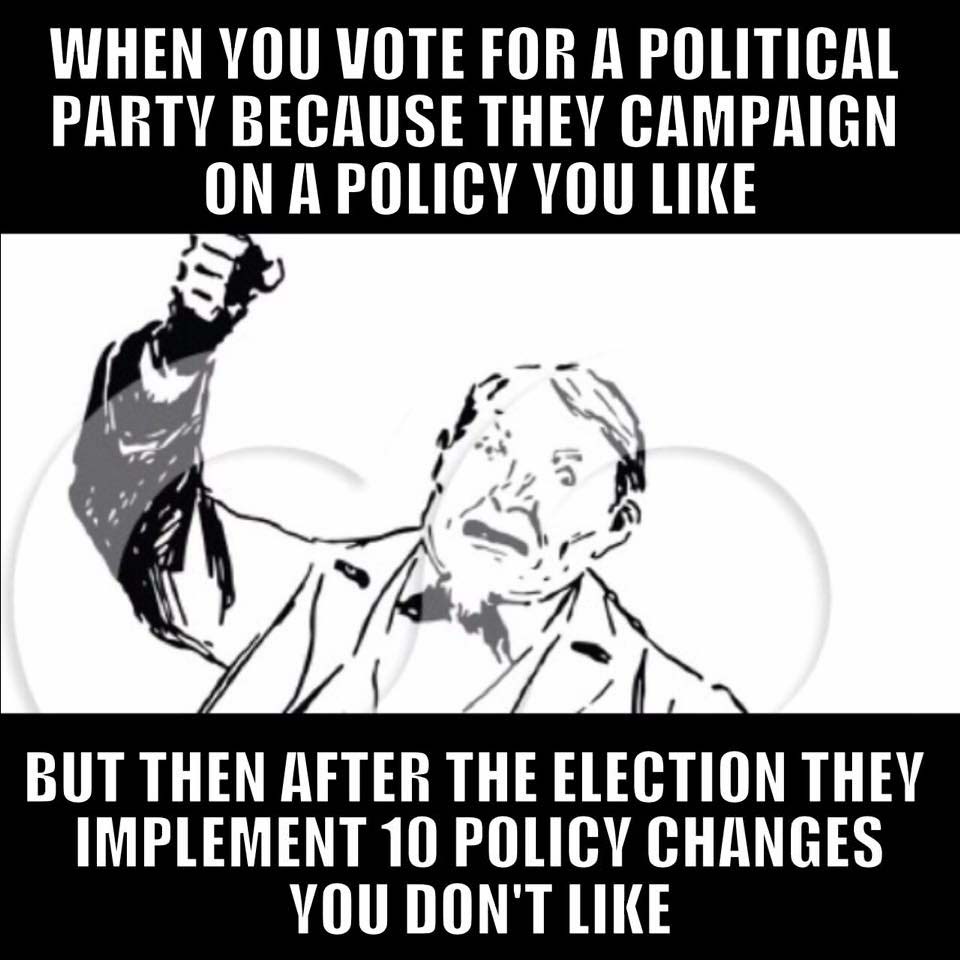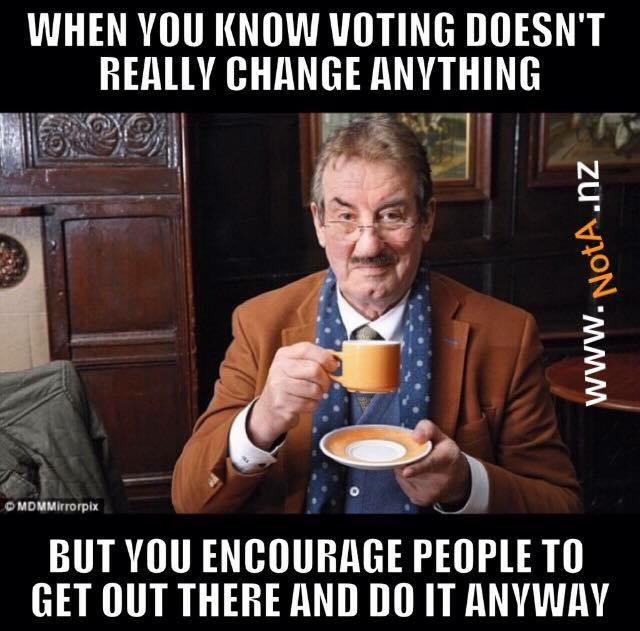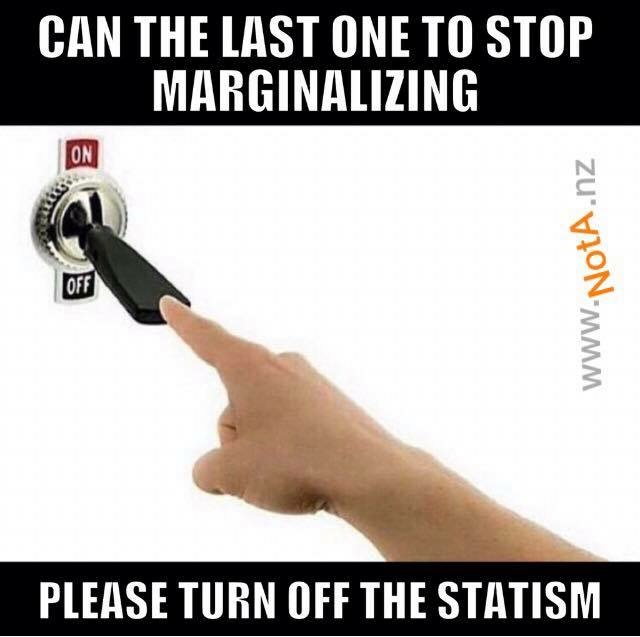
The state is a safe space, that’s its job. From inception, bringing six constables to the shores in 1840 those organising a state on the islands of New Zealand have used variations of creating “law and order”, economic stability, integrated cultural conformity, gender normalisation and security to justify intervention in the lives people living in Aotearoa. If not overtly mentioned by those calling for, maintaining, and defending the state these goals are largely expected by those who vote to be delivered in some way in exchange for their taxes.
Today’s New Zealand has not achieved this at all. Unknown and untested chemicals flood across the borders causing unknown short-term and long-term damage to those who use them and those who love those users. The state continues to target cannabis plants with generations of anecdotal knowledge and decades of scientific research behind its use giving clear and known risks. In the interests of public safety and economic stability it’s easier to get methamphetamine than cannabis in New Zealand, with the most damaging drugs of all available for purchase in most supermarkets and yet change is angrily resisted.
This is far from safe and can be seen as related if you understand protecting our profit earning overseas by signing trade deals and allowing streamlined entry of goods into the country. So you can buy cheap products online, while police are “protecting the public” with violent raids on anything grown on our own soil, this means synthetic drugs and their precursors will always be cheaper and easier to get and produce than an actual weed that will grow wild.
Not A Party has argued for a “don’t vote” strategy in previous elections and I want to encourage the party to change tack entirely for the reformist coalition leg of bipartisan dictatorship. We have in office the party that oversaw the 15 October 2007 “Operation Eight” raids. Aside from the horrifying fallout of neo-colonial troops armed with assault weapons yet again on the confiscation line in Te Urewera, searching school buses and elderly at gunpoint in the interests of “national security”. The police apologised for that.
The police also on that day raided multiple addresses of political activists, taking computers and documents and proving absolutely no one was actually guilty of any terrorism at all under the law adopted on US government request by New Zealand, the Terrorism Suppression Act 2002. The outcome of court cases aside, pay attention to what the police believe the most dangerous threat to security is. Activists who target and protest the actions of corporations and anyone who feels their people should have dignity, self-determination and freedom on these islands from the post-colonial settler state government.
In Terror In Our Midst Brendan Hokowhitu explains what has happened since adopting this law, based on a perpetual war against “terror” in Western society.
Essentially, the discourse promoted by the Bush administration, in cahoots with other western governments such as Britain, was fostered on the grounds “others” had fewer rights than the normal population. Interestingly, the transforming morality is regressing in part due to the pre-enlightened discourses espoused by the Bush administration especially. Discourses based on ‘the will of god’ and ‘good and evil’ have quickly positioned the Other as ‘evil’ and the self as ‘good’. The moral retrogression has served those in power the mandate to enact absolute sovereign-like justice.
The “terrorists” are defined by the state in the first place then labeled instantly the other, the “bad” because the state is always “good”. So we have a drone war summarily executing the others in the middle east with robots to provide us all with the illusion of security and a “defence force” that attacks the mental health of journalists like a state sanctioned internet troll before being forced to admit the SAS did raid the village in Afghanistan killing civilians as outlined by Jon Stephenson and Nicky Hager in Hit and Run. The police have raided journalists repeatedly since the inception of our war on terror with following legislation passed at the urging of the Obama administration by John Key reducing the rights of journalists when doing the job they should be of holding a microscope to society. No terrorists have yet been found amongst us, the others, and as we know the state does not see what it does as terror.
Far from delivering us from the real threat of the day, the introduction of this legislation and resulting raids did not create a safe space to stop the 2007 GFC causing a retraction of the economy, a rise in suicide rates, and paving the way socially for a massive increase in the “legal” flood of synthetic drugs into dairies and stores destroying many working families. Also directly affected were those who the then incoming PM described as an “underclass”, an “other” that once he got into office were to be given less rights than the “good” Kiwis. Drug testing and invasions of beneficiaries’ privacy up to the then Minister of Social Development releasing personal details of her critics to media while suing anyone threatening to release hers.
Why does any of this mean you should vote in the next election or any referendum? Just because John Key is out and GenXers run most wings of our pluralist dictatorship the ‘underclass’ he othered into economic doldrums have not gone anywhere. The level of control over others the police are willing to exert has not diminished. The hold-out NZ First still lead by the old guard, has for 24 years been seen as “picking the winner” in many a media talking head pluralist analysis prior to elections and has actually played this role three times. Forget your electoral colleges, we have Rob Muldoon’s apprentice picking our governments. Two pieces of legislation jump out to me as furthering the othering of some minority groups, neither is the upcoming New Zealand cannabis referendum. One is the waka-jumping bill that gives enormous power to the “good” party leaders over their “bad” disgruntled MPs who want to leave their party, possibly to do something from inside the Parliament on behalf of their perceived voter base to represent them.
The second and more important in my mind is to make all referendums binding. This most certainly has the ability to be misused to push a majority agenda brutally down the throat of those who disagree with it or are born different from its enforced norms through state sanctioned terror and violence. I hear the concerns of some groups and inside Not A Party and counter we already have that now. It happens now from birth to the grave. The state is using coercion, fear, and violence on us “others” to protect its “good” self. Direct democracy may lead to direct oppression of minorities, some of those minorities being party leaders.
Representation relies on the person you voted in interpreting how you would vote on issues introduced for discussion in Parliament. The party leaders can now interpret how they will as long as their caucus supports them and fringe opinions can be othered out of Parliament entirely to be replaced by a new representative. Having to get the majority to back your rights in a referendum will be no easy feat, the alternative is to see party leaders take the last tool your representative has to rebel (whether you voted for one or not) which is quitting the party and fighting out the term on behalf of either their own naked self-interest or from their perceived opinions of those like yourself who put them in Parliament.
If you made it this far you are already an other to the state somewhere, I’m guessing. Environmentalists have been othered by the state forces since their inception despite having a party inside the government proving they are in fact no longer others but members of the state attempting to create a safe sustainable space for their children in the future. Most of us never become so othered by the state that they will raid our communities like we are housing enemy combatants in the perpetual terror war. Or be othered so much we are detained and forced into medical treatment we don’t want. And it’s mostly to preserve the “good” state. By holding a population at gunpoint as if the entire community is a threat to the “good” state or targeting activists to be removed carefully (although not quietly) from their “good” communities the police have shown how they intend to enforce the terror laws here. The subsequent raids to collect evidence from journalists Heather Du Plessis-Allan and Barry Soper after Du Plessis-Allan showed you can now buy firearms online without a licence as if the problem is yet another case demonstrating glaring flaws with their safe space neoliberal state model. It is as if the real threat to state internal safety of the population does not lie with large corporations producing chemicals for “research” that turn out just to be poisons or addictive synthetics. Or banks producing CDOs that turned out to bankrupt working people with bad mortgages, no job and an eviction notice. Or that success stories like Trade Me are wide open to unsafe use by violence minded people. The corporations and banks are always cast as “good” in this environment and their victimised and lied-to consumers the “other”. Those of us who point this out are now the truly bad and may well become “terrorists” in the eyes of police whose primary job as they see is to protect the “good” from us “the others”. Many of you will at some point be othered by the police for political views alone, and if you get challenging enough your othering will lead to terrorisation BY the police of your community while removing you from it.
Pushing for cannabis law reform shouldn’t need to be argued here, but I will, in that it removes a tool the police can use to harass and oppress us others with very real threats of violence for failure to comply. Forcing CIR to be binding will be another othering tool in some hands, but it could be the leaders of those parties we can other with it. If not, this will get worse, it probably will anyway despite the Labour Party’s noises about child poverty, a 24% increase in house prices corresponding with less than half that in wage growth during the first six months of Jacindamania. We can expect that, like Helen Clark’s promises of universal student allowances or John Key’s promise of wages climbing to Australia’s level, we will see the young, the non-white immigrants, Maori, LGBTIQ, and anyone whose politics isn’t “good” enough for state security forces to be othered economically and blamed for our outcomes by enthusiastic supporters of the state. This administration complete with Winston Peters telling us capitalism has failed many of us spent its first six months signing among other things the CPTTP thus strengthening the very concept of corporate rights as good and local independence as the other which has failed so many Kiwis already.
If only we could run a binding referendum that Prime Ministers do the unthinkable and are forced to enact serious economic reforms they have promised to on the campaign trail?


